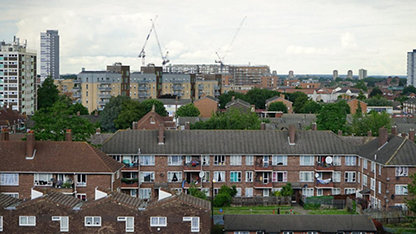Plastic has worked its way into nearly every aspect of our lives. From electrical products, fertilisers and agriculture, to children’s toys, engineering resources, domestic appliances and building materials – the list of everyday products is endless.
One of its most common uses is within the packaging industry, which accounts for around 40% of plastic production. Though a lightweight and versatile material, most plastic is thrown away after a single use and, if it isn’t diverted to landfill, often collects in places such as canals and rivers, mixing with other waste and becoming a major environmental pollutant.
Various governments have taken steps to ban the use of single-use plastics. The UK recently announced a ban on the use of plastic straws from 2020, while Indian states including Tamil Nadu and Himachal Pradesh have banned single-use plastics. But, with the global economy heavily reliant on plastic, simply banning the material won’t completely solve the problem.
It was against this backdrop that we came up with an eco-friendly solution: a plastic tar, which can be used to construct roads.
The solution to a global problem?
The innovation is simple; we heat stone aggregate to 160ºC, over which we spray shredded waste plastic, which then melts to coat the aggregate. We are careful to not heat the material more than this because if it gets too hot, it decomposes and produces gas that pollutes the air. This compound is then mixed with hot bitumen, which has two benefits - first, we’ve found a sustainable use for waste plastic; second, it reduces the amount of asphalt used by up to 15%.
Over the past 10 years, we’ve used this innovation to lay more than 50,000km of road in India, with impressive results.
Plastic tar roads have double the strength of ordinary asphalt roads and can withstand both heavy loads and heavy traffic, making them suited to rural roads and motorways.
To date, there have been no permanent deformations. The roads aren’t affected by rain or stagnated water, so no potholes have formed, meaning that there’s been no need for any maintenance expenditure.
The technology has piqued interest from Indonesia, Malaysia and South Africa, but it still hasn’t taken off as we’d hoped, with awareness lacking in the construction and technology sectors. If we’re able to get behind it on a global scale, we could make a radical change to how we dispose of plastic, while providing wider land-infrastructure benefits to communities.
Dr Rajagopalan Vasudevan is a professor at Thiagarajar College of Engineering, Madurai, India
- This article originally appeared in the Talent issue of Modus (September 2019)


















